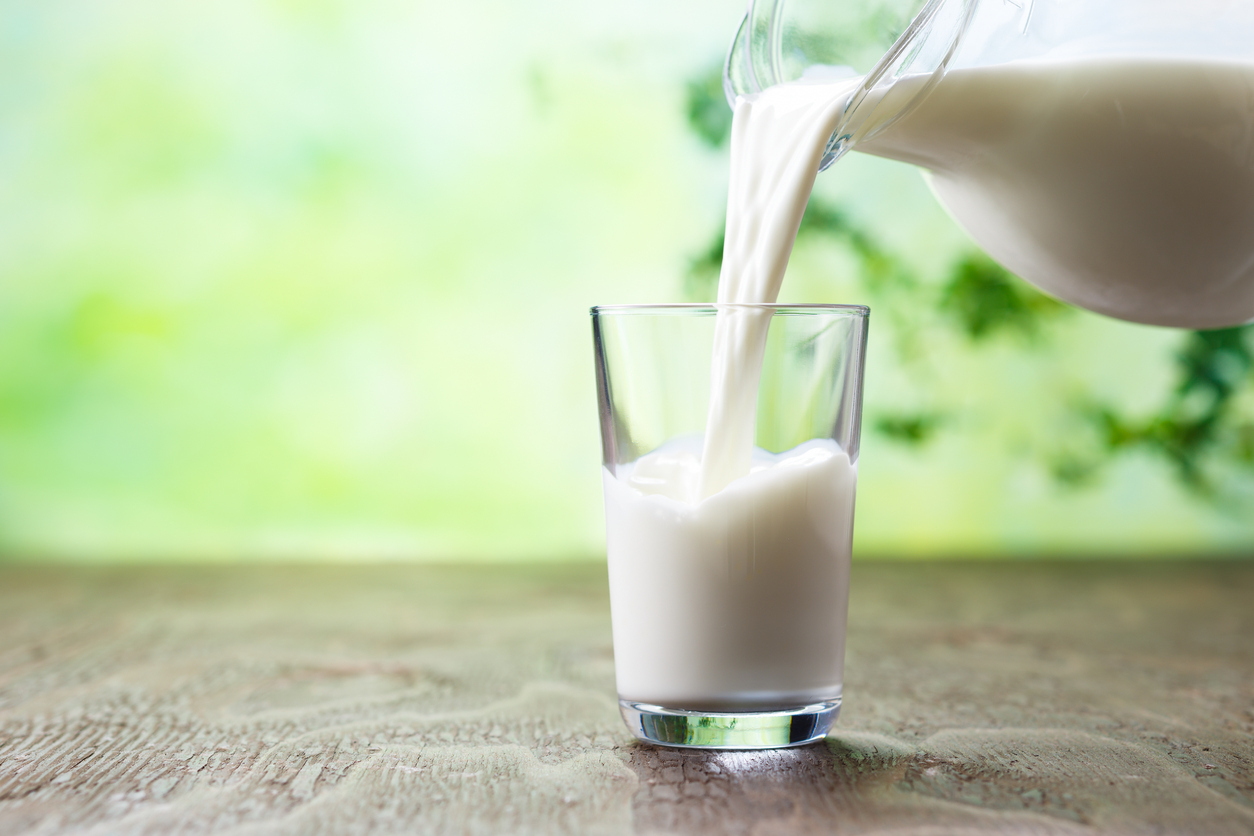 Foodborne illness isn’t something everyone thinks about when making food choices. But, if you’ve ever experienced food poisoning you know it’s nothing to laugh at. Getting sick from eating food, especially food you may consider healthy, can and does happen. In addition to individuals getting sick from food cooked at home or at a restaurant, national outbreaks also do occur often with more serious outcomes.
Foodborne illness isn’t something everyone thinks about when making food choices. But, if you’ve ever experienced food poisoning you know it’s nothing to laugh at. Getting sick from eating food, especially food you may consider healthy, can and does happen. In addition to individuals getting sick from food cooked at home or at a restaurant, national outbreaks also do occur often with more serious outcomes.
People who are at higher risk of infections should take precautions. Those at higher risk include: infants and children, elderly, pregnant women, and those who are immunocompromised, which can include people who have had recent surgeries and those with diabetes. Bariatric patients can be at a higher risk than the general population, based on surgical history, age, and other medical conditions, such as diabetes. Surgical weight loss patients should be mindful of avoiding foods frequently linked to foodborne illness to decrease their chances of contracting an illness.
While it is impossible to predict which foods could be a carrier of the potentially harmful bacteria, we do know several foods that put people at a higher risk based on scientific evidence and past history of outbreaks. Being mindful of what you buy, how you store it, how you prepare it, and how you request restaurants prepare it for you can be key to reducing your risk of infection.
While all foods could potentially carry harmful bacteria, these 6 foods are commonly linked to foodborne illness and we recommend you be mindful of that when shopping and preparing these foods:
- Unpasteurized or “raw” milk and juices: Traditional milk and juices you find at the grocery store have been pasteurized (which commonly involves heating) to kill bacteria. Raw milk or juices have not been through that process. These products will carry a warning label, so be sure to read labels at the store.
- Undercooked meat: Meat that has been ground (beef, chicken, turkey, pork, etc) poses a high risk on bacterial contamination since any bacteria that was on the surface has been mixed throughout during the grinding process. Steaks that have been needle pierced to marinate and/or tenderize are also at a higher risk of contamination. This means that cooking the outside and leaving the inside rare or medium rare may not kill most of the bacteria. Experts recommend cooking meats to medium well or well done to reduce the risk of foodborne illness.
- Precut and prewashed vegetables and fruits: Sure they are super convenient, but that comes with a price tag. Not only do they cost more, but they are also riskier for foodborne illness when eaten raw. Cooking these foods does reduce the risk, so you can factor that into your decision.
- Raw shellfish: Raw oysters and other shellfish may be considered a delicacy, but have been linked to foodborne illness outbreaks with increasing frequency. The anatomy of the oyster means that it filters the water it lives in, so if the water has bacteria, so could the shellfish.
- Raw or undercooked eggs: While outbreaks related to eggs have decreased since the widely known incidents from thirty or so years ago, they still can pose a risk when raw or undercooked.
- Raw sprouts: Alfalfa, mung bean, radish, and other varieties of sprouts have caused many bacterial outbreaks over the last two decades. If you love eating them, consider cooking them before eating.
Food safety should always play a role in our food choices. Being mindful of your decisions of which food to buy, how to store it safely, and how best to prepare it can help prevent foodborne illness. Symptoms of foodborne illness can include nausea, vomiting, diarrhea, fever, headache, and bodyache which can lead to hospitalization, dehydration, and in some cases even death. “Better safe than sorry” applies in this case. Make informed decisions about your foods to be both healthy and safe, especially if you are at a higher risk.
The above information is offered by Dr. Shillingford, MD, PA, a board certified surgeon specializing in advanced laparoscopic and bariatric surgery. Dr. Shillingford has performed over 4,000 bariatric procedures, including gastric sleeve, gastric bypass, lap band, and revisional surgery. In addition to his surgical weight loss patients, Dr. Shillingford’s general surgery patients (hernia repair, gallbladder removal, appendectomy patients) may find this information on foodborne illness useful as well. To schedule a surgical consultation with Dr. Shillingford for gastric sleeve, gastric bypass, gastric banding, hernia repair, gallbladder removal, or any other general surgery, please call his Boca Raton office at (561) 483-8840.



